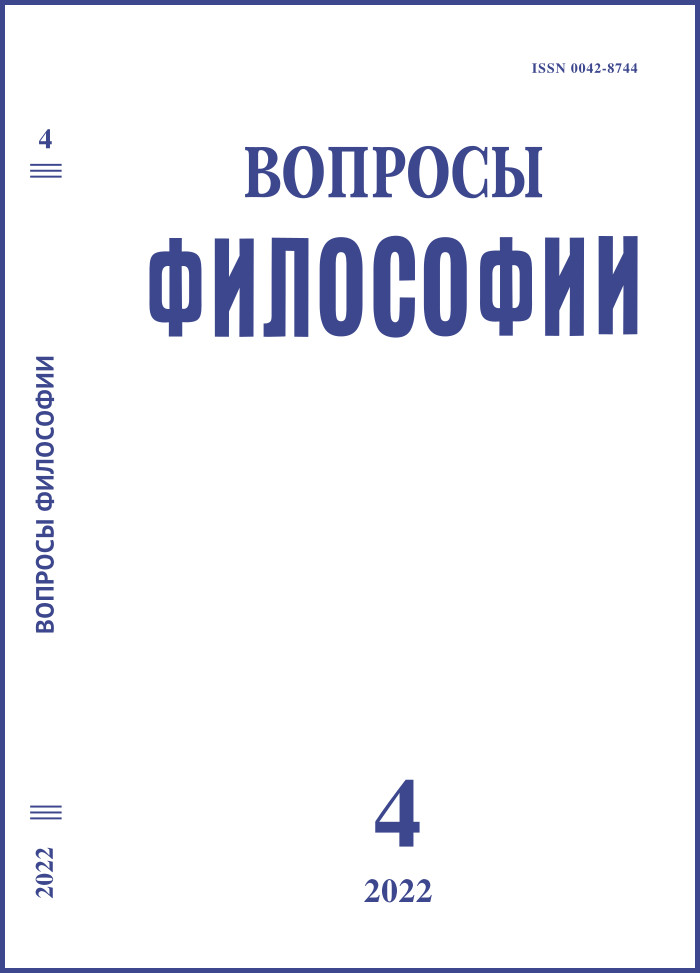Конкурирующие проекты социализма в СССР периода политического романтизма Часть II. Социализм без экономики: конструктивизм и антиутопия
DOI:
https://doi.org/10.21146/0042-8744-2022-4-140-152Ключевые слова:
Зиновьев, Щедровицкий, политический романтизм, новый человек, прогрессор, методология, коммунальностьАннотация
Статья представляет собой вторую часть работы, посвященной периоду политического романтизма в СССР третьей четверти XX в. Характерная черта этого периода – масштабные теоретические дискуссии вокруг концепции социализма и проектов социалистического строительства. В статье рассмотрены варианты неэкономической интерпретации советского эксперимента: конструктивистский проект создания «нового человека», «прогрессора», Г.П. Щедровицкого и романтическая антиутопия А. Зиновьева, представляющего коммунизм-социализм как парадоксальную мутацию общественного устройства, которое, заимствуя западную технику, в целом противостоит цивилизации как таковой. Показано, что, несмотря на историческое поражение в споре с «прагматиками», «романтики» оказали большое влияние на коллективные структуры когнитивности советского общества. Сформированное ими понимание социализма во многом препятствовало развитию «компромиссных», гибридных политико-экономических программ и не допускало вариантов либерализации, приватизации и движения «по китайскому пути».
Загрузки
Опубликован
Версии
- 2025-02-06 (2)
- 2022-04-30 (1)

